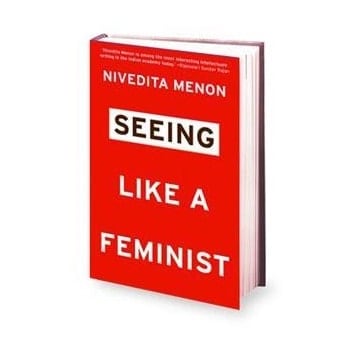A group of Delhi University students under the name “Delhi University Students For Peace” are cycling from Kanyakumari to Islamabad in a bid to appeal for peaceful relations between India and Pakistan.
They approached the mission with the thought that – “In the absence of mutual trust and friendly relations, India and Pakistan spend huge amounts for defence purposes which could otherwise be used in the fight against poverty and hunger. If all or even a portion of that amount was spent on social welfare, would not the cause of development be served better? We could not after all substitute weapons for food or medicines or education.”
To give direction to their agenda 12 of them embarked their cycling journey from Kanyakumari. Their journey was formally inaugurated by VS Achuthanadam, former CM of Kerela. They have gathered support from many eminent and revered personalities as Gujarat CM Narendra Modi, Karnataka CM Siddaramaiah, Rajasthan CM Ashok Gehlot, Haryana CM Bhupinder Singh Hooda, former Prime Minister HD Deve Gowda, former Supreme Court Justice and Karnataka Lokayukta Santosh Hegde, various MPs and MLAs on their Facebook page.
The march is expected to take 90 days from Kanyakumari to reach Islamabad i.e. on 31st august 2013. You can even trace their progress on Google maps. The collected signatures will be submitted to the Governments of India and Pakistan. They have already held interactions and mass signature campaigns at various universities, colleges and schools along the way, and collected the signatures of all concerned citizens who have expressed their support for our cause. The route of their journey can also be traced via Google Maps.
View Delhi University Students for Peace CYCLE MARCH FOR PEACE from KANYAKUMARI to ISLAMABAD in a larger map
After leaving Delhi recently, the group is proceeding via Baghpat to Chandigarh and from there to Amritsar and the Wagah border before crossing into Lahore on the way to Islamabad. They expect to reach Wagah border on the 14th of August to jointly celebrate the Independence day of India and Pakistan.
The group believes that friendly relations between India and Pakistan are just the first step for a lasting solution to the problems of our subcontinent. After this cycle march to Islamabad they also propose to go to Dhaka via Kathmandu during the winter with the same purpose.


![[VIDEO] Sushma Swaraj on “Role of Opposition in Democracy” in Campus Law Centre](https://dubeat.com/wp-content/uploads/2013/08/IMG-20130802-WA0021-770x515.jpg)





